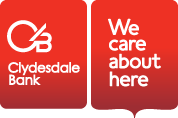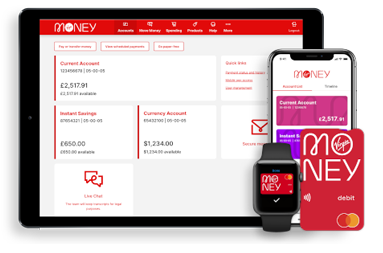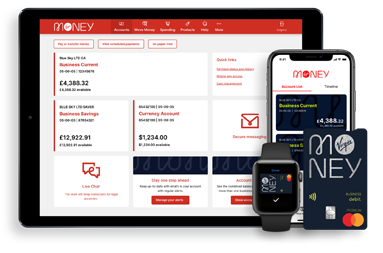How to accurately value your business before selling
< back to all business news articles
12/07/2017
One of the most important things to get right as part of your exit strategy is making sure your business is accurately valued.
It comes down to two basic principles: your business is worth what someone’s prepared to pay for it, and what you’re willing to sell it for. You’ll need to do some calculations so that you can find the point where those two overlap.

Methods of valuation – which one is best?
There are several ways you can go about valuing your business. Which one you choose depends on what kind of business you own, who you’re thinking of selling it to, and your reasons for selling in the first place. The most common are:
- Assets plus goodwill – add up all your assets such as stock, assets at the depreciated or resale value, any accounts receivable, or cash in the bank. Then subtract any liabilities, such as money owed to others, and possibly any taxes owed if someone is buying the company shares. This gives you your net asset value. Then add goodwill – not always an easy task since it’s an intangible asset. Great relationships with customers and suppliers, protected IP, great location and excellent staff are all examples of goodwill. Often goodwill is valued as a multiplier of how many years the current net will profit remain without any changes.
- Future earning valuation method – some industries have ‘profit multipliers’ where you multiply past earning by a ‘magic’ number to try and predict future earnings. This sounds unscientific but there are industry standard multipliers where you look at the average of past profit (say £100,000/year) and then multiply this by the industry standard which could be 2, or 9, or even as much as 17. So your past earnings are used to determine an expected cash flow level, which is then used to predict a sales price. This is why some companies are valued at a high price, despite never making a profit.
- Market value – this method compares your business to others that have sold recently, particularly if are identical or very similar to your business. The main problem is that, same as house buying, the price at times isn’t dictated by the actual value, but by demand. If businesses in your industry are selling at price X, it doesn’t mean yours should. You could have better clients, products, staff, and future business opportunities which could demand a higher price.
- Assets resale value – a business is worth the net assets and what they might sell for. This tends to happen if a business can’t justify goodwill, isn’t making a profit, or if the owner’s so integral to the central operation that they can’t on-sell their customer base.
It’s important to seek advice when valuing your business. Talk to your accountant and your business colleagues to ensure you’re going the right way about the business valuation. Brokers can be a great help in negotiating and finalising any sale.
A business valuation should be conducted by a professional. They know what they’re doing and they’re more likely to arrive at the most accurate result. Experts can help you understand strategic or market drivers, operational issues and financial factors that will have an impact on your business’s value.
Advice and resources
- Entrepreneur has a great article on how to value a business.
This blog is not financial advice. The content of the blog is reliable at the time of publishing, but we can’t guarantee it is entirely free from error or omission beyond our knowledge. Links are provided for you to explore, but we have no connection with third party sites or responsibility for their content.
POSTED IN: Growth,2017
SHARE
Related Articles
You can find impartial information and guidance on money matters on the “MoneyHelper” website.
Clydesdale Bank is covered by the Financial Services Compensation Scheme (FSCS), Find out more.


